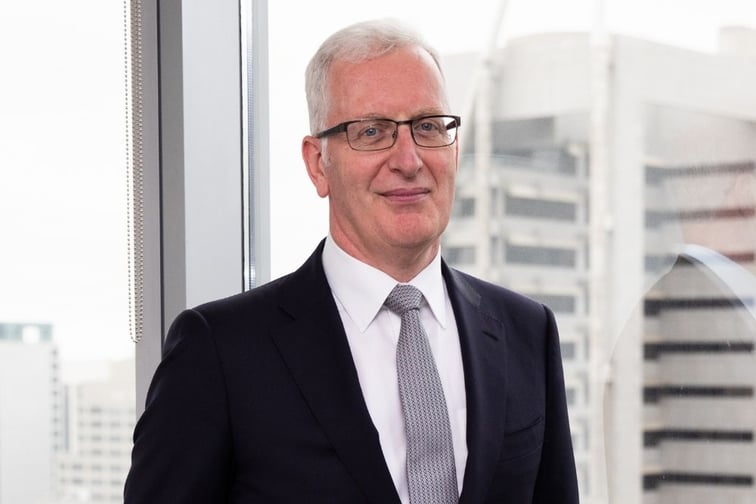

Credit asset manager La Trobe Financial recently released a report that outlined the working operations of its Charitable Foundation to the public.
Established in 1978, the foundation aims to meet the pressing social needs of its customers who are often “overlooked and underserved.” Since then, it has gifted over $17 million worth of scholarships, relief funds, partnerships, medical grants, and employee wellbeing events.
Last year, La Trobe Financial provided donations to its customers who have been affected by the recent bushfires, floods, and the COVID-19 pandemic through the foundation.
In the report, Greg O’Neill (pictured), chief executive officer of La Trobe Financial, named the four foundational pillars the foundation is built on: financial literacy for women, mental health, indigenous recognition and education and life science improvement.
According to O’Neill, these identified issues are also closely aligned with La Trobe Financial’s environmental, social, and governance (ESG) approach as a business.
“There are many growing and diverse social challenges that need to be addressed. No one individual, government, or philanthropic foundation can expect to solve all societal issues. That is why La Trobe Financial continues its philanthropic journey to focus on our four foundational pillars,” O’Neill said.
Caterina Nesci, director of ESG and international partnerships at La Trobe Financial, urged other companies to follow suit in La Trobe Financial’s philanthropy, adding that there are benefits to being outspoken instead of keeping these initiatives low-profile as it pushes the community to do the same.
“Corporate philanthropy is growing in Australia, and we want to encourage more companies to take their first steps or increase their philanthropy. Too much corporate philanthropy is still being done confidentially out of a desire to retain a low profile,” Nesci said. “Strong communities are the very bedrock to creating great employees and customers who need to trust in companies again; this in turn helps build wealth that has enormous multiplier effects throughout the broader economy.”
